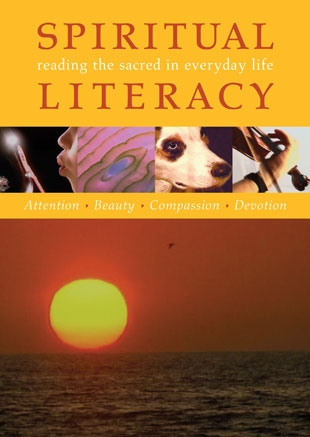1. How could you send out your heart to those who are suffering or are in pain around the world?
2. Who do you know that best demonstrates compassion? What is it about them in particular such as the “quivering of the pure heart” described here?
3. When you see a story on TV or read about homeless children, what feelings pass through your body? How do you relate it to your own family?
4. Have you ever had an impossible moral or spiritual challenge that sapped your energy and spirit? How did you handle the inner turmoil?
5. What spiritual tradition has given you the most insights into the difficulty of practicing compassion?
6. Share your reactions to the drama of the Soviet passport official and his hateful gaze. How does Salzberg turn this situation around and instead have compassion for this man's suffering?
7. When was the last time you were able to turn the act of a hateful person into a sense that he or she is someone in need of your love and understanding?
8. What messages presented by our culture, such as looking out for those closest to you, have served as a roadblock to your practice of compassion?
Possible Practices
1. Pay attention to what evokes your compassion this week. For example, when you watch, hear, or read the news, allow yourself to feel deeply for someone or something who is suffering somewhere else in the world.
2. Try an imagery exercise where you hold the globe in your arms as if it were a baby and sing it a lullabye song.
3. Try doing a lovingkindness practice from Buddhism.
4. Journal about an act of compassion by someone else that has touched you deeply.
Visit the Compassion homepage for more ways to practice this spiritual quality. Follow the links in the left column to:
- a collection of quotations on compassion
- book recommendations
- book excerpts and teaching stories
- film recommendations
- music and art meditations
- a daily cue, reminder, vow, and blessing for compassion
- a prayer or mantra
- personal explorations including imagery and journal exercises
- practices and spiritual exercises
- questions for discussion, storytelling, sharing
- take action with household, group, and community projects
- and more
Prepared by Persephone Zill with contributions from Frederic and Mary Ann Brussat
